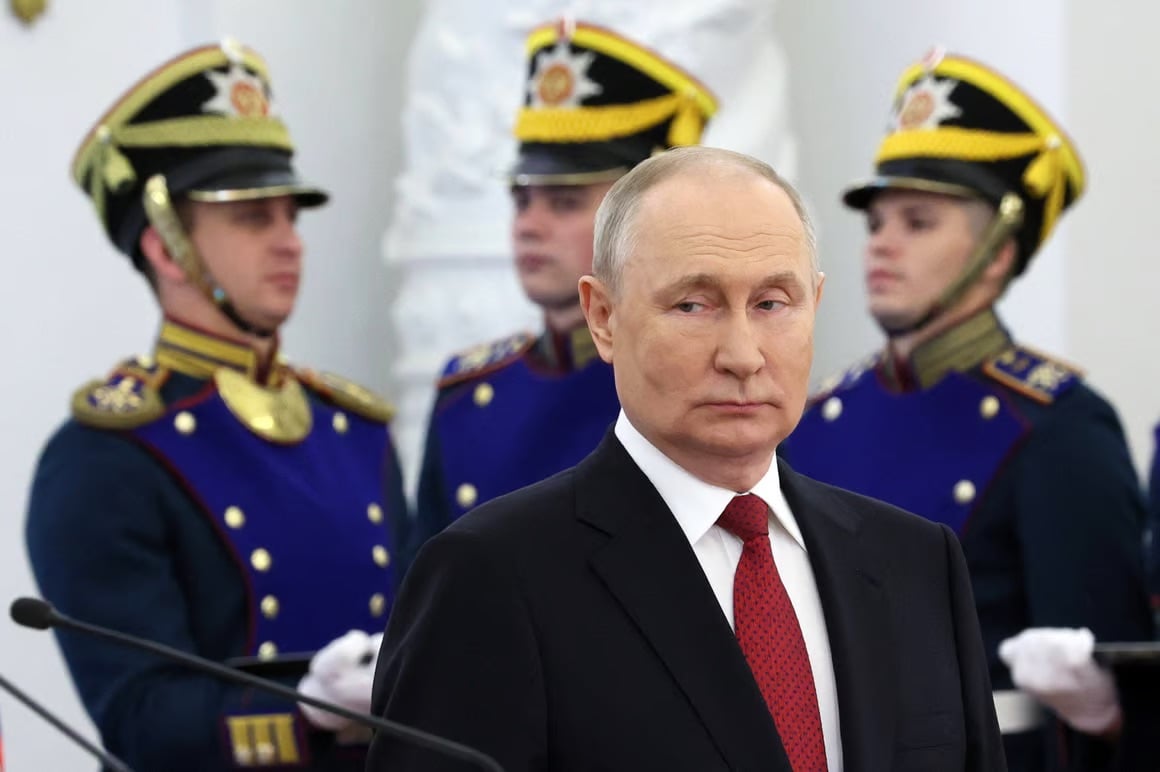The recent collapse of Bashar al-Assad’s regime in Syria represents a significant setback for Russia, undermining its image as a global power and exposing the limitations of its military capabilities amid a protracted conflict in Ukraine. Since intervening in the Syrian civil war in 2015, Russia has played a crucial role in propping up Assad’s government. However, as its military resources are increasingly focused on Ukraine, Moscow’s capacity to support its ally has diminished notably.
The swift offensive launched by rebel groups led to the capture of the Syrian capital, Damascus, in a matter of weeks, ultimately forcing Assad to flee. Reports have emerged that he has sought asylum in Moscow, raising questions about Russia’s ability to maintain its long-standing military bases in Syria, particularly the naval base at Tartus and the airbase at Hmeimim. These installations are critical for maintaining Russia’s strategic military presence in the Mediterranean region.
Analysts have pointed out that Russia now lacks the necessary military forces and resources to intervene effectively outside of former Soviet territories. Ruslan Pukhov, in a column for the Russian newspaper Kommersant, emphasized that the ongoing conflict in Ukraine has strained Russia’s military capabilities. The situation in Syria highlights this reality, as Moscow has had to respond to the recent rebel offensive with limited air strikes aimed at assisting the Syrian army in only a few northern regions.
Political analysts have expressed skepticism about Russia’s continued support for Assad, with some noting that any attempt to maintain his regime would have ultimately been futile due to the Kremlin’s shifting priorities and constrained resources. The speed and effectiveness of the rebel advance took Russia by surprise, showcasing the unexpected rapidity with which the situation evolved on the ground.
Following the initial advances by the rebels, the Kremlin has found itself in a position of needing to negotiate with the same groups it previously targeted, shifting its focus to protecting its citizens and embassy personnel within the country. Russian intelligence chief Sergei Naryshkin confirmed that ensuring safety is now a primary objective for Moscow.
Additionally, experts suggest that the prospect of losing both the naval and air bases in Syria could significantly hinder Russia’s military capabilities in the region. These bases serve not only as operational outposts in Syria but are also vital for Russia’s broader influence in the Mediterranean and across parts of Africa. The potential loss of these strategic locations could have serious implications for Russia’s ability to project power globally.
In the wake of Assad’s ousting, military commentators in Russia have expressed a mixture of disbelief and dissatisfaction. The sentiment among some is that the conflict in Ukraine overshadows the events in Syria, with one war correspondent comparing the situation in Syria to other Ukrainian cities from which Russia has retreated. He asserted that the ongoing “Special Military Operation” in Ukraine is of far greater importance to the country’s future.
The lack of success in maintaining Assad’s regime may also complicate Russia’s position in future negotiations over the Ukraine conflict. Analysts warn that the ongoing struggle in Syria exposes the vulnerabilities in Russia’s military strategy and commitment, suggesting a toll on its global influence and strategic aspirations. As the situation unfolds, the repercussions of Assad’s fall could reverberate through Russia’s broader geopolitical ambitions and operations.













